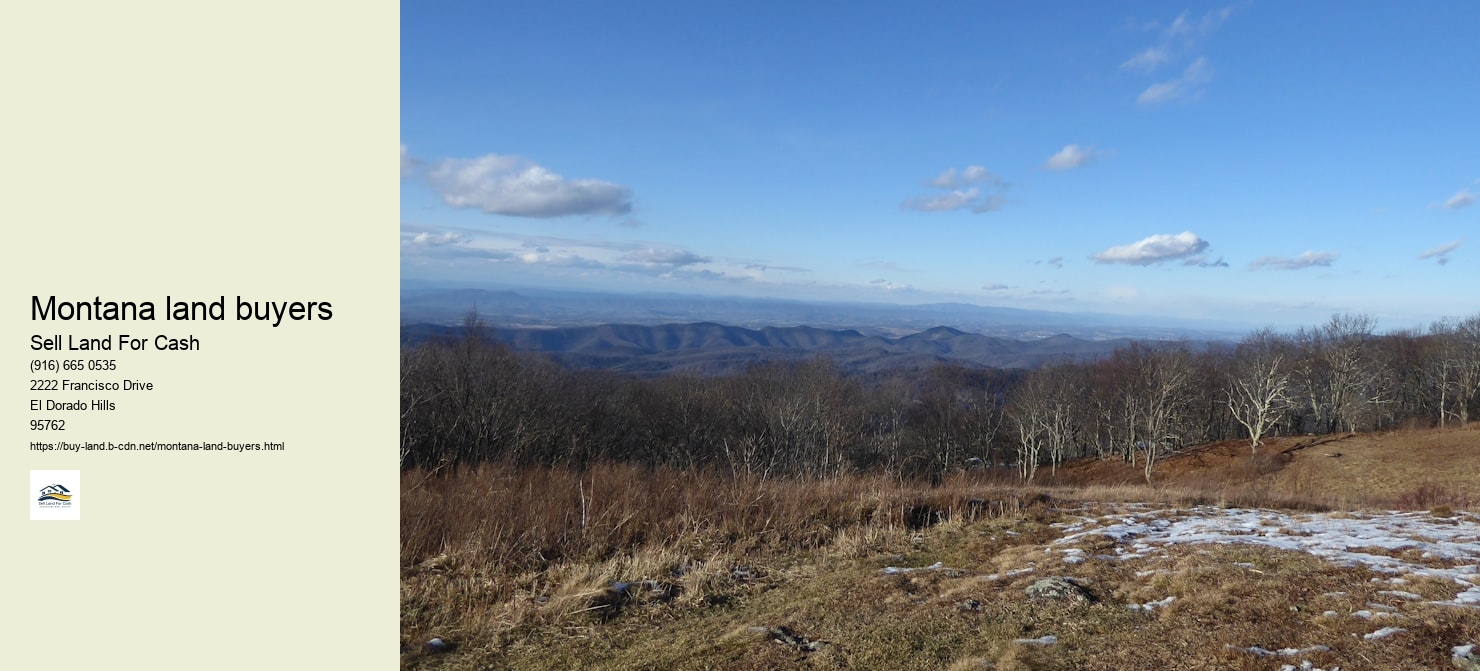

When considering selling Montana land for cash, it is important to understand the market value of the property.
Location plays a crucial role in determining the market value of Montana land. Properties located near popular recreational areas or with scenic views tend to have higher market values compared to those in more remote locations.
Size and topography are also key factors that influence the market value of Montana land. Larger parcels of land are generally more valuable, especially if they offer diverse terrain such as forests, meadows, or water features.
Access to utilities and infrastructure can significantly impact the market value of Montana land. Properties with easy access to roads, electricity, water, and other amenities tend to be more desirable and command higher prices.
The current demand for Montana land in the local real estate market will also affect its market value. Factors such as population growth, economic development, and trends in recreational activities can influence demand and ultimately the price of land.
Market trends and comparable sales data should be considered when determining the market value of Montana land. Researching recent sales of similar properties in the area can provide valuable insights into pricing expectations.
Working with a reputable real estate agent or appraiser who specializes in Montana land can help sellers accurately assess the market value of their property. These professionals have expertise in evaluating land values based on various factors and can provide guidance throughout the selling process.
One potential challenge to consider when selling Montana land for cash is the fluctuating real estate market. The value of land can vary greatly depending on market conditions, so it is important to be aware of these fluctuations when setting a price for your property.
Another challenge to consider is the location and accessibility of the land. If the property is remote or difficult to access, it may be less appealing to potential buyers. This could impact both the speed at which you are able to sell the land and the price you are able to fetch for it.
Additionally, zoning and land use regulations can present challenges when selling Montana land for cash. It is important to understand how these regulations may impact the potential uses of the land and whether there are any restrictions that could affect its value.
Environmental factors such as water rights, mineral rights, and conservation easements can also complicate the sale of Montana land for cash. Buyers may be hesitant to purchase land with uncertain environmental considerations, so it is important to address these issues upfront.
Legal considerations, such as title issues or boundary disputes, can also pose challenges when selling Montana land for cash. It is crucial to resolve any legal issues before listing your property in order to avoid complications during the sales process.
Financial considerations, including taxes and liens on the property, should also be taken into account when selling Montana land for cash. These financial obligations can impact both your asking price and the amount of money you walk away with after a sale.
Lastly, competition from other sellers in the area can make it more challenging to sell Montana land for cash. It is important to research local market trends and pricing strategies in order to effectively compete with other sellers and attract buyers to your property.
Montana (/mɒnˈtænə/ ⓘ mon-TAN-ə) is a landlocked state in the Mountain West subregion of the Western United States. It borders Idaho to the west, North Dakota to the east, South Dakota to the southeast, Wyoming to the south, and the Canadian provinces of Alberta, British Columbia, and Saskatchewan to the north. It is the fourth-largest state by area, but the eighth-least populous state and the third-least densely populated state. Its capital is Helena, while the most populous city is Billings. The western half of the state contains numerous mountain ranges, while the eastern half is characterized by western prairie terrain and badlands, with smaller mountain ranges found throughout the state.
Most of Montana first came under American sovereignty with the Louisiana Purchase from France in 1803 and was explored by the Lewis and Clark Expedition shortly thereafter. Fur trappers followed and were the main economic activity in the area until gold was discovered in 1852. The ensuing gold rush, along with the passage of the Homestead Acts in 1862, brought large numbers of American settlers to Montana. Rapid population growth and development culminated in statehood on November 8, 1889. Mining, particularly around Butte and Helena, would remain the state's main economic engine through the mid-20th century.
Montana has no official nickname but several unofficial ones, most notably "Big Sky Country", "The Treasure State", "Land of the Shining Mountains", and "The Last Best Place". Its economy is primarily based on agriculture, including ranching and cereal grain farming. Other significant economic resources include oil, gas, coal, mining, and lumber. The health care, service, defense, and government sectors are also significant to the state's economy. Montana's fastest-growing sector is tourism, with 12.6 million tourists (as of 2019) visiting the state each year.
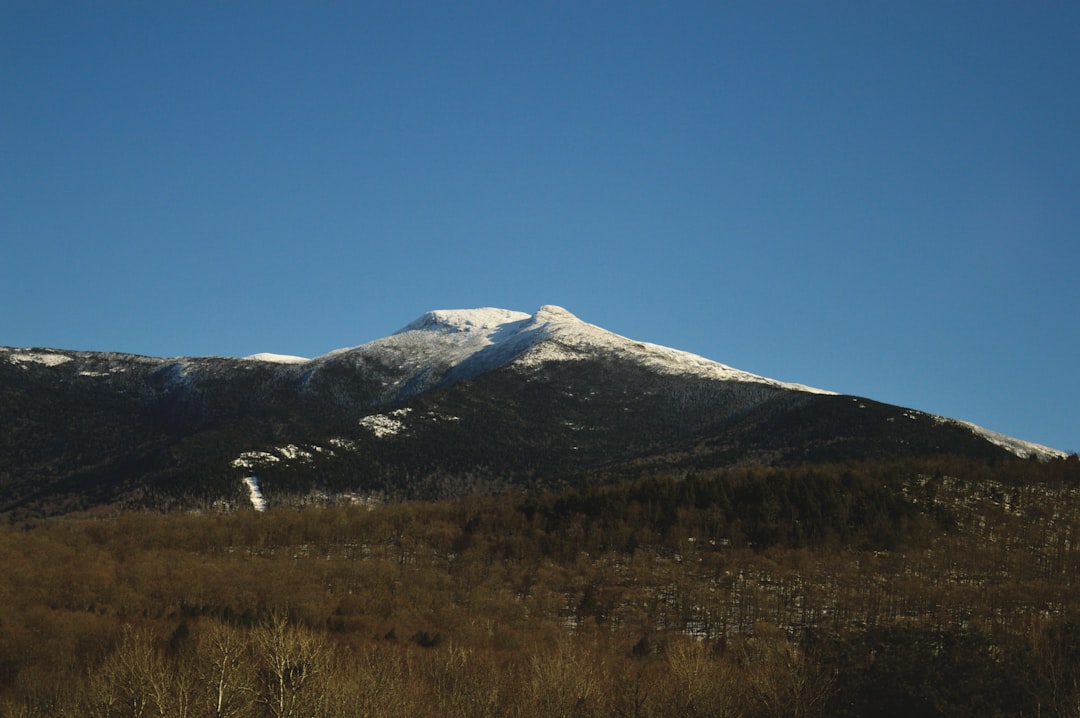
Selling land in Montana can be an exciting venture, especially for those looking to capitalize on the burgeoning real estate market.. Whether you’re parting with a family inheritance or simply looking to liquidate assets, selling your Montana land for cash quickly requires strategic planning and informed decision-making.
Posted by on 2024-09-30

`Selling Montana land for quick cash involves a blend of strategic planning, understanding the local real estate market, and navigating legal procedures.. With its wide-open spaces, majestic landscapes, and unique appeal, Montana attracts a variety of buyers—from investors seeking new opportunities to individuals yearning for a slice of the serene countryside.
Posted by on 2024-09-30
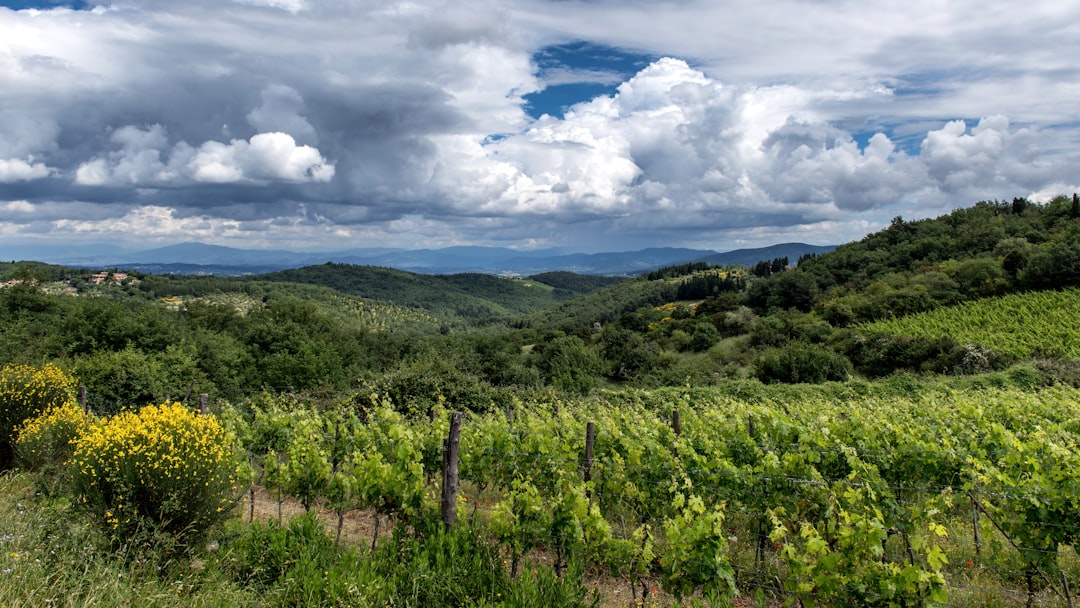
Unlocking the secrets of selling your Montana land for cash quickly is an endeavor that combines practicality, strategy, and a touch of local charm.. Montana, with its vast landscapes and breathtaking vistas, offers unique opportunities for sellers looking to convert their property into liquid assets efficiently.
Posted by on 2024-09-30
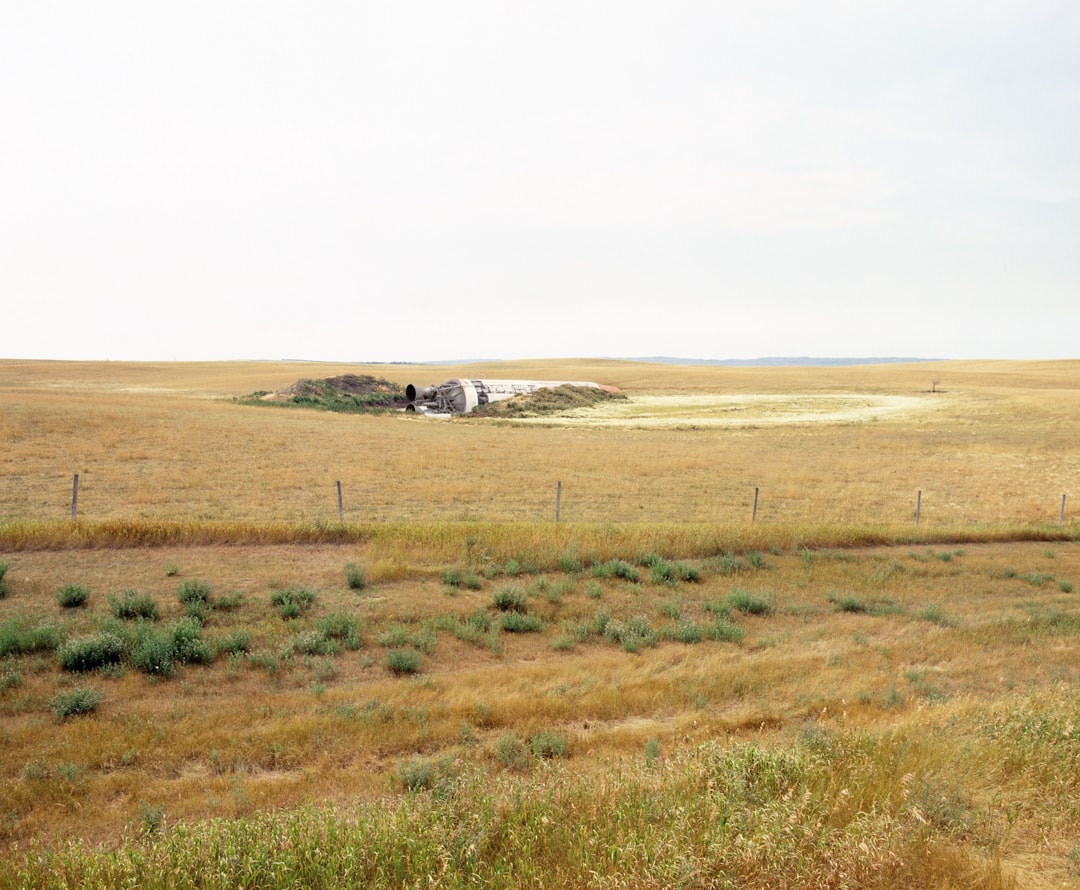
Title: How to Turn Your Montana Land into Instant Cash: A Step-by-Step Guide Introduction Montana, often referred to as "Big Sky Country," is renowned for its vast landscapes, majestic mountains, and tranquil plains.. For those who own land in this beautiful state, it represents not only a piece of paradise but also a potential financial asset.
Posted by on 2024-09-30
One effective way to find buyers interested in purchasing Montana land is by leveraging online platforms and social media. Websites like Zillow, LandWatch, and Craigslist are popular platforms where potential buyers search for properties. By listing your Montana land on these websites, you can reach a wider audience and attract interested buyers.
Utilizing the services of a real estate agent who specializes in selling land in Montana can also help you find potential buyers. Real estate agents have access to a network of clients looking for properties, and their expertise can help streamline the selling process. Additionally, they can assist with pricing your land competitively and negotiating with potential buyers.
Another strategy to attract buyers interested in purchasing Montana land is by showcasing the unique features of your property. Whether it's stunning mountain views, proximity to outdoor recreational activities, or abundant wildlife, highlighting these attributes can make your land more appealing to potential buyers. Consider creating professional photographs or videos of your property to showcase its beauty.
Networking within local communities and attending real estate events or trade shows focused on land sales can also help you connect with interested buyers. Building relationships with other landowners, developers, investors, and real estate professionals may lead to referrals and potential leads for selling your Montana land. By actively engaging with the community and attending relevant events, you increase your chances of finding serious buyers interested in purchasing your property.
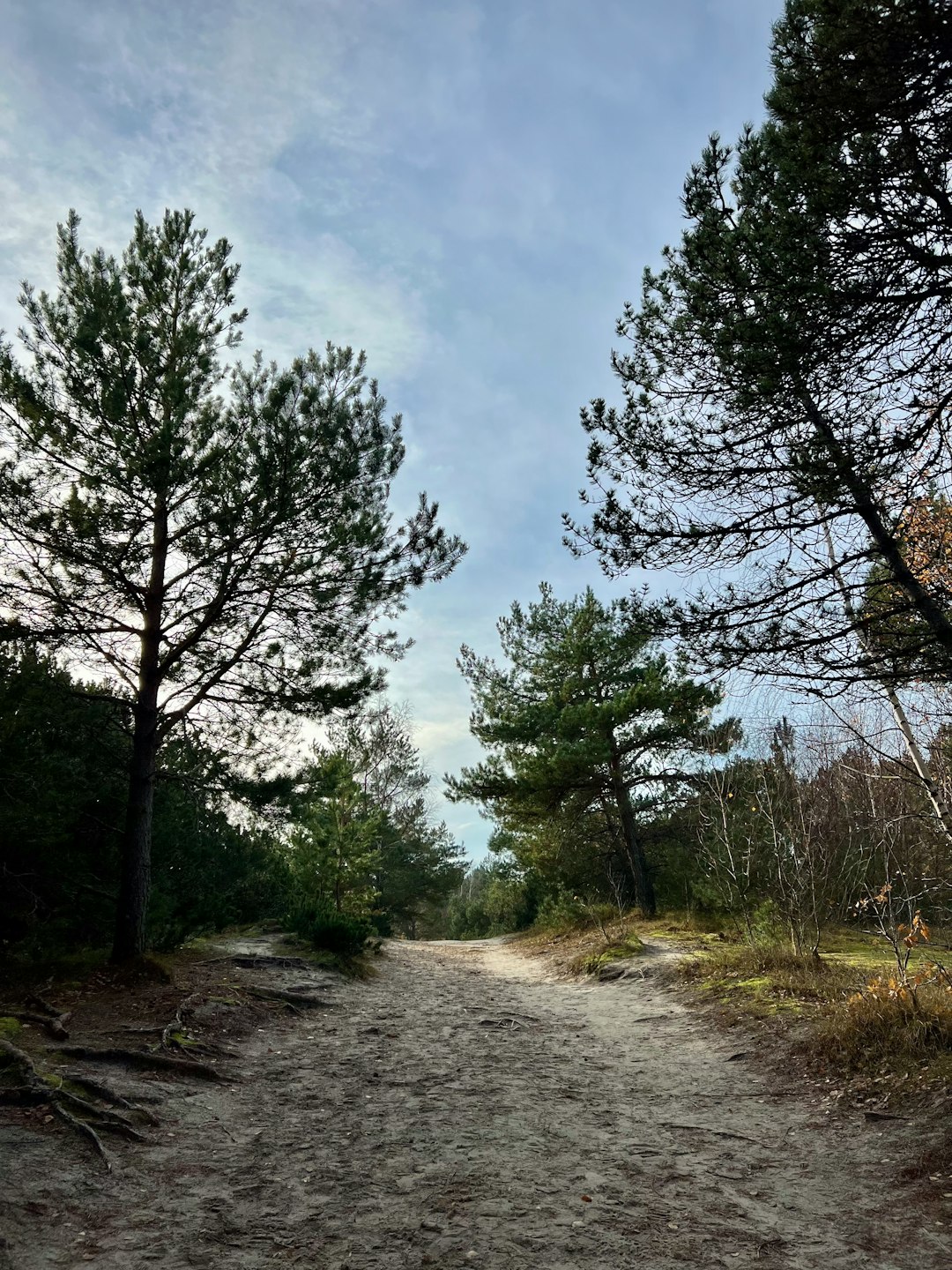

First, gather all necessary documents related to the land you are selling. This includes the deed, property tax records, survey reports, and any other relevant paperwork that potential buyers may ask for during the transaction process.
Next, determine the market value of your Montana land. You can do this by researching recent sales of similar properties in the area or hiring a professional appraiser to provide an accurate valuation. Pricing your land competitively will help attract potential buyers and ensure a quicker sale.
When marketing your Montana land for sale, consider listing it on online real estate platforms, social media, local newspapers, and with a reputable real estate agent specializing in land sales. Be sure to highlight any unique features or amenities that make your property stand out from others on the market.
Once you have interested buyers who are ready to make an offer on your Montana land, negotiate the terms of the sale including price, closing date, and any contingencies. It is advisable to seek legal advice during this stage to ensure all contracts are legally binding and protect your interests as a seller.
After reaching an agreement with a buyer, finalize the sale by signing a purchase agreement and transferring ownership of the Montana land. Depending on the buyer's preference and financial capability, you may receive payment in cash or through other means such as financing or installment payments.
Finally, complete all necessary paperwork required for closing the sale including deeds, title transfers, tax forms, and any other legal documents. Once these steps are completed and both parties have fulfilled their obligations as outlined in the purchase agreement, you can officially sell your Montana land for cash.
When it comes to determining the market value of Montana land for sale, there are several factors that come into play. From location to size to potential use, each aspect plays a role in setting the price for land in this beautiful state.
Location Matters The location of the land is one of the most important factors when it comes to determining its market value. Land located near popular tourist destinations, national parks, or cities may be priced higher due to increased demand. On the other hand, remote or rural land may have a lower market value but could still hold potential for certain buyers.
Size and Topography The size and topography of the land also play a significant role in determining its market value. Larger parcels of land may be priced higher than smaller ones, especially if they offer desirable features such as waterfront access or mountain views. Additionally, flat and easily accessible land may be more valuable than hilly or rocky terrain.
Potential Use Another factor that can influence the market value of Montana land for sale is its potential use. Land that is zoned for residential or commercial development may have a higher market value than land zoned for agricultural use. Buyers looking to build a home or start a business will likely pay more for land with these types of zoning permissions.
Market Trends Lastly, current market trends can also impact the value of Montana land for sale. Factors such as economic conditions, interest rates, and supply and demand all come into play when setting prices for real estate. Keeping an eye on these trends can help sellers determine when the best time is to list their property for sale at an optimal price point.
Overall, understanding these key factors can help sellers accurately assess the market value of their Montana land and attract buyers who are willing to pay top dollar for this unique piece of property.
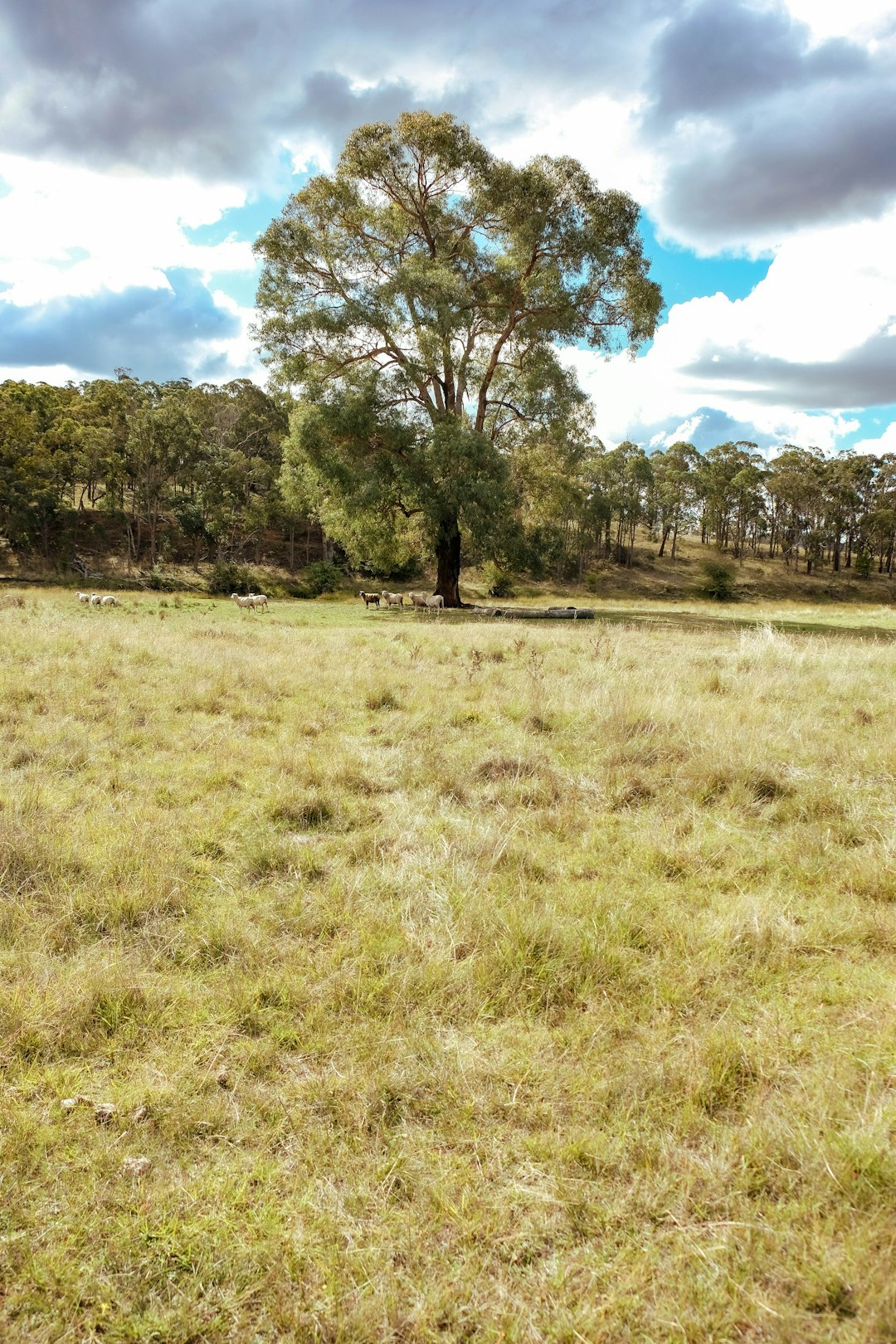

One effective way to find buyers for Montana land is by utilizing the services of a reputable real estate agent who specializes in selling land in the area. These professionals have connections and experience that can help you reach potential buyers who are specifically looking for land in Montana.
Another strategy is to market your property online through various platforms such as real estate websites, social media, and online classified ads. By showcasing your land with high-quality photos and detailed descriptions, you can attract interested buyers from all over the country.
Consider attending local real estate networking events or trade shows where you can meet other professionals in the industry who may have clients interested in purchasing land in Montana. Building relationships with these individuals can lead to valuable referrals and potential buyers for your property.
If you are looking to sell your Montana land quickly, consider reaching out to investment companies or developers who may be interested in purchasing large parcels of land for development projects. These types of buyers often have the resources to make a cash offer and close on the sale much faster than traditional homebuyers.
Lastly, don't underestimate the power of word-of-mouth marketing. Tell friends, family, neighbors, and colleagues about your property for sale. You never know who might be looking to invest in Montana land or who might know someone else who is interested. Networking within your community can sometimes lead to unexpected opportunities to sell your land.
When selling Montana land, there are several important legal paperwork requirements that must be completed to ensure a smooth and legally binding transaction.
Firstly, it is essential to have a clear and valid deed to the property. This document serves as proof of ownership and must be properly executed and notarized.
Additionally, a property disclosure statement is typically required when selling Montana land. This document outlines any known issues or defects with the property and helps protect both the seller and buyer.
A purchase agreement is another crucial piece of paperwork needed to sell Montana land. This contract outlines the terms of the sale, including the purchase price, closing date, and any contingencies.
Title insurance is also necessary when selling Montana land. This policy protects both parties in case any issues arise with the title during or after the sale.
An affidavit of title may be required as well. This document certifies that the seller has clear ownership of the property and has the right to sell it.
Finally, a closing statement will need to be prepared for the transaction. This document details all financial aspects of the sale, including closing costs, prorated taxes, and any other fees associated with the transfer of ownership.
In conclusion, selling Montana land involves several legal paperwork requirements that must be carefully completed to ensure a successful transaction for all parties involved.

Conduct a comparative market analysis by examining recent sales of similar properties in your area and consulting with real estate professionals.
You will need the deed, any surveys or plats available, disclosure forms if applicable, and a purchase agreement once you find a buyer.
Effective marketing is crucial; use online listings, social media, local advertising, and professional photography to attract buyers.
Ensure clear title ownership, resolve any liens or encumbrances, and prepare necessary documentation like deeds and disclosure forms.
Selling property may involve capital gains tax. Consult with a tax advisor to understand potential implications based on your individual situation.